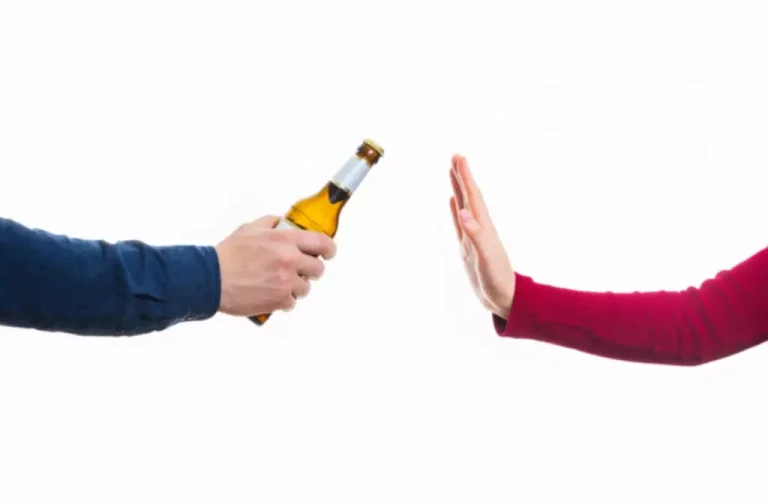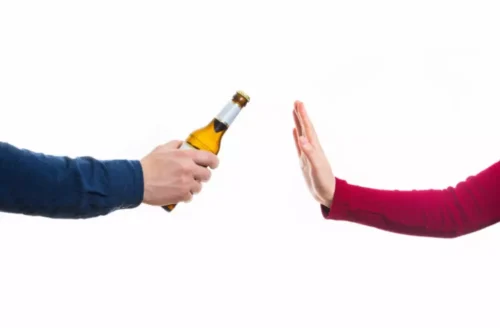
I developed this series as a means to explore that meaning and help her discover a more positive frame. Clients start by dividing a piece of paper into three sections. For me, honoring those parts of myself, bringing them into the light, and then containing them once again brought about a new level of self-awareness that I remember fondly to this day. Once your client has finished, run through some open-ended processing questions to explore their meaning. Since creativity is stifled by addiction, it stands to reason that reviving creativity is frequently crucial to overcoming addiction.

How to Facilitate this Art Therapy Activity for Adults
In each subsequent part of the sheet, it is necessary to draw an image of feeling in relation to the previous drawing. Choose the color and composition of the picture for https://ecosoberhouse.com/ each of them. The main thing is that the color combination matches your idea of the very desire.
- This exercise helps you develop empathy skills, listen to yourself, tell your story on behalf of each mask.
- For those on the path to recovery, embracing creativity can open up new avenues for healing and self-discovery.
- Through the various activities I’ve detailed, art therapy serves as a powerful healing tool, allowing you to process complex emotions, manage stress, and rebuild your sense of self.
Transformational Collage for Visualizing Change
- In art therapy sessions, creating abstract pieces can help individuals externalize feelings or experiences that are difficult to put into words or realistic images.
- Many community centers and recovery groups offer resources or you can set up a personal space at home with the supplies you need.
- Some may find solace in abstract expression, while others might prefer more structured activities.
- Expressive arts therapy is a multimodal holistic health intervention that mobilizes creative expression in the service of healing both mind and body.
The exercise expands the understanding of social interaction and human behavior. Draw yourself as a plant or animal are the easiest paint therapy ideas. The exercise helps to know yourself, to open your inner world. Graphic work on a soapy lining is art therapy ideas for adults in recovery velvety due to the scratching of its surface. This exercise improves fine motor skills, relieves emotional stress.

How Collage Can Help Articulate Complex Feelings

Cool colors like blue and green could symbolize calm and healing. The process of selecting and working with colors can provide valuable insights into an individual’s emotional state and progress in recovery. As technology continues to evolve, so too do the possibilities for art therapy.
- All artwork used in this post was created by me.
- As a Philadelphia addiction center that offers this therapy method, we’re sharing some cool art project ideas for addiction recovery that you can try at home.
- Painting, for instance, can be a medium where colors represent feelings.
- The advantage of digital art therapy is its accessibility and the ability to easily modify and iterate on creations.
- Art can be a companion in your most challenging times, offering you a means to voice your story when words fall short.
- These activities often illuminate insights about one’s self and the recovery process that other forms of communication might not reveal.
- On the table were a 24-pack of Crayola’s and an adult coloring book.
- Imagine that you are an architect and your client has set these 10 requirements.
- Many individuals enter therapy with the belief that they’re “not artistic” or fear judgment of their creations.
- Triggers can be powerful obstacles in recovery.
ECHO Recovery is a nonprofit foundation and education organization intended to provide tools and resources to those struggling with SUD. We are proud to offer a housing program for those who wish to seek recovery and continue our efforts to help people find healing through the power of art. Unfortunately, many people believe art only serves to entertain, but this is patently untrue. In fact, studies have shown that art as a way to recover from SUD can be incredibly effective. For people with mental health issues and SUD, art can be a critical component of a recovery toolkit.
